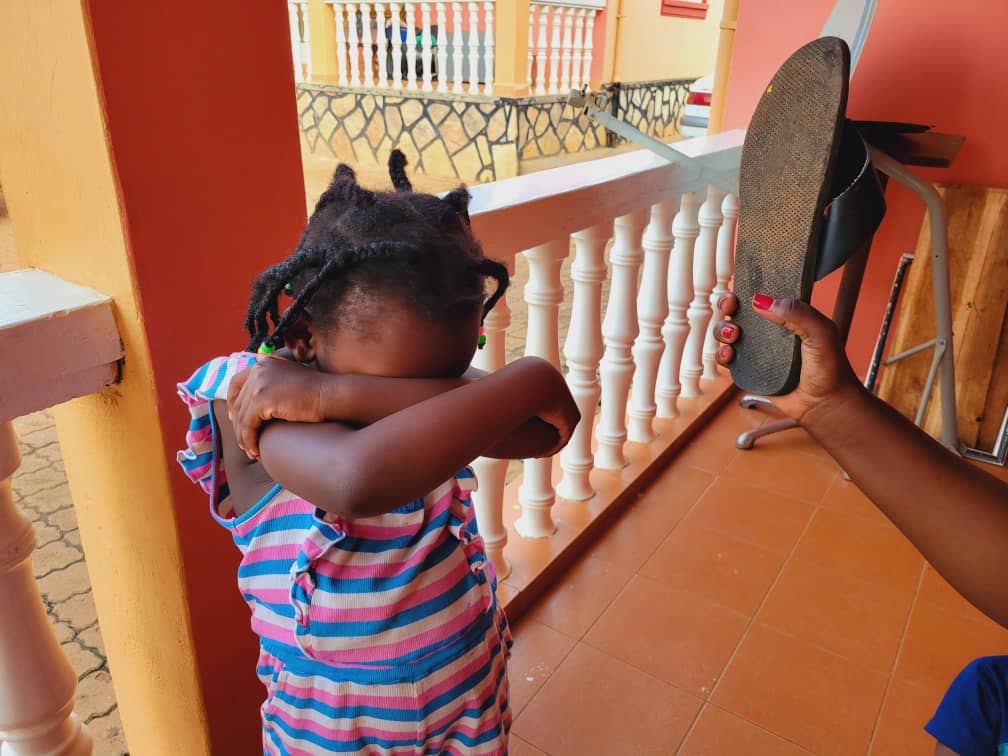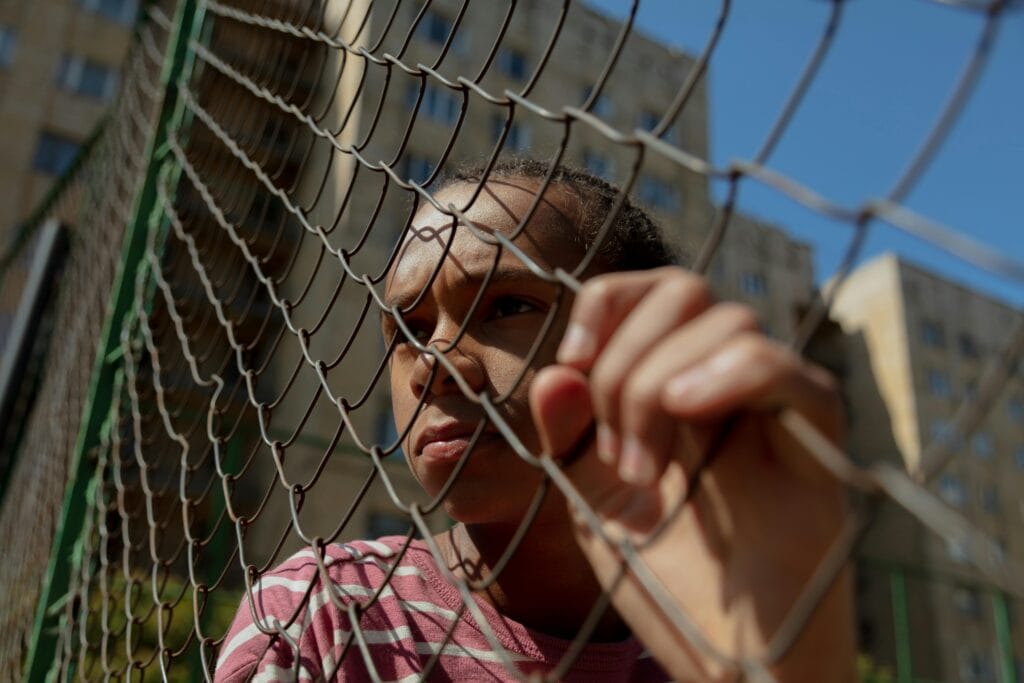Positive discipline, a tool to building confidence
I have spent 19 years as a professional teacher and public speech trainer, helping children, adults, and corporate professionals gain confidence and self-expression. Over the years, I have witnessed firsthand the devastating effects of corporal punishment on children’s self-esteem, both at home and in schools. I have worked with children who have been sent to me for confidence-building, only to realize that the root of their fear and insecurity lies in the discipline methods used by their own parents and teachers.
I have helped children whose voices have been silenced not by lack of ability but by fear instilled through harsh discipline. Ironically, many of the children brought to me for confidence-building were made timid by the very parents and teachers who were supposed to nurture them.
The belief that punishment especially physical punishment instills discipline is one of the greatest misconceptions in education. Discipline should shape a child, not break them. Instead of punishment that induces fear, we need corrective strategies that build character, accountability, and confidence. In this article, I intend to dig deeper into devastating effects of corporal punishment on children’s self-esteem.
The Hidden Cost of Corporal Punishment
Corporal punishment, whether in the form of caning, slapping, or any form of physical aggression, does not teach children to be better. It teaches them to fear authority, suppress their emotions, and often, to either rebel or become withdrawn. A research study by UNICEF found that children who experience corporal punishment have higher chances of developing anxiety, depression, and lower self-esteem. It strips away their confidence, leaving them hesitant to express themselves in class, afraid to ask questions, and deeply insecure about their abilities.
I recall a student I once helped, who had been struggling with public speaking. Every time she stood to speak, she would stammer, fidget, and sometimes burst into tears. Her teachers assumed she lacked confidence, but upon deeper conversation, she revealed that she was often beaten at home for making mistakes. This fear had been transferred into every aspect of her life, making her afraid to take risks or even voice her thoughts.
Alternatives to Corporal Punishment
Fortunately, discipline does not have to come at the cost of a child’s confidence. There are effective, research-backed alternatives that shape behavior while nurturing self-esteem.

Positive Reinforcement Instead of Fear
Instead of punishing a child for wrongdoing, reward them for doing right. Studies show that positive reinforcement encourages children to repeat good behavior. For example, rather than caning a child for failing a test, recognize their effort and guide them on how to improve. A simple, “I see you tried, let’s find a way to work on this together,” is more effective than punishment that instills fear of failure.
Conversations Instead of Yelling
A calm, constructive conversation can be more powerful than shouting or beating. Instead of slapping a child for misbehaving, sit them down and ask, “Why did you do this? What could you have done differently?” This approach makes them think critically and take responsibility for their actions.
Logical Consequences Instead of Pain
Logical consequences teach accountability without causing harm. If a child refuses to do homework, instead of beating them, allow them to face the natural consequence, perhaps they have to explain their actions to the teacher or miss out on an activity they enjoy until they complete their work.
Modeling the Right Behavior Instead of Instilling Fear
Children learn more from what they see than what they are told. If a teacher wants students to be respectful, they must model respect. If a parent wants their child to be kind, they must demonstrate kindness. When discipline is carried out with patience and understanding, children learn to be the same way.
Encouraging Self-Reflection Instead of Shame
When a child misbehaves, encourage them to reflect on their actions rather than shaming them. Ask questions like, “How do you think your actions affected others?” or “What would you do differently next time?” This builds emotional intelligence and self-awareness.
Denial of Privileges
If a child misbehaves, temporarily take away something they value, such as screen time, playing with friends, or a planned vacation. For example, if they fail to complete their homework, they might lose their TV time for a day.
Extra Responsibilities
Assign additional tasks that teach accountability. If a child is careless with their belongings, they might be responsible for organizing a family space or cleaning up their mess. This helps them understand consequences and responsibility.
Reflective Writing or Apology Letter
Have the child write about what they did wrong, how it affected others, and what they will do differently next time. This encourages self-awareness and critical thinking.

Time-Out with Reflection
Instead of beating, allow the child a quiet moment to sit and think about their actions. This should not be a punishment but a time to reflect, followed by a discussion on better choices.
Restorative Action
If a child hurts someone or damages something, they should actively fix the situation. For example, if they are rude to a classmate, they must apologize and find a way to show kindness, like helping them with a task or writing a kind note.
The Confidence-Discipline Connection
A disciplined child is not one who follows rules out of fear but one who understands right from wrong and has the confidence to make the right choices. Schools and homes should be places where children learn, grow, and develop into responsible individuals not environments where fear dictates behavior.
Albert Einstein once said, “Education is not the learning of facts, but the training of the mind to think.” Discipline should be about training children to think for themselves, take responsibility, and develop confidence not about silencing or intimidating them.
A Call to Action for Parents and Teachers
To every teacher, school administrator, and parent: If we want to raise a generation of confident, responsible, and expressive children, we must rethink our discipline methods. Instead of breaking children down, let’s build them up. Instead of fear, let’s instill self-belief. Because in the end, confidence is not created through punishment, it is nurtured through love, guidance, and understanding.
Let’s start today.


